UK Camping Laws: What Every Camper Must Know
If you’ve ever wondered whether you can just pull over and set up a tent, you’re not alone. The UK has a patchwork of rules that can feel confusing, but you don’t need a law degree to stay on the right side of it. Below you’ll find the most useful tips to help you camp legally, whether you’re in a motorhome, a caravan, or a simple tent.
Where You Can Camp Legally
First up – designated campsites. These are the safest bet because they’re approved by local authorities, have proper waste facilities, and usually let you stay a few nights without a permit. Look for sites managed by Parkrun, the National Trust, or local councils; they’ll be marked on most map apps.
National parks and forests also allow camping, but the rules vary. In many forest areas you can pitch in a “dispersed” spot if you have a permit, which often costs just a few pounds. Always check the forest’s website before you go – they’ll list the exact spots, any fire bans, and the maximum stay length.
Stealth and Wild Camping Rules
Stealth camping – the art of sleeping somewhere you’re not officially allowed – is a gray area. In England and Wales you need landowner permission, meaning you can’t just park on a public bridleway and expect to be okay. Scotland is different: the Land Reform Act gives you the “right to roam,” so you can pitch on most uncultivated land as long as you follow the “Leave No Trace” principles.
Even in Scotland, you must avoid private property, protected wildlife sites, and areas with specific restrictions. A quick glance at the local council’s website or a phone call to the landowner can save you a fine and a lot of hassle.
For motorhomes and caravans, most towns have overnight parking restrictions. In many city centres you’ll see signs limiting stays to two hours. Rural areas are more forgiving, but you still need to watch for “no camping” signs on public footpaths.
Waste disposal is another big thing. You’re required to empty your black water tank at a licensed dump point and never dump sewage onto the ground. Many service stations and camping grounds provide free dump stations; keep a list handy on your phone.
Fire rules are strict too. Open fires are only allowed in designated fire pits or in areas where the council permits it. During dry periods you’ll see a “no open fire” notice – ignore it and you could be fined up to £1,000.
So how do you stay safe and legal? Here are three quick tips:
- Check the local council website or contact them before you arrive.
- Always use a designated campsite or a permitted spot in a forest.
- Leave the area exactly as you found it – no litter, no fire scars, no waste.
Following these basics lets you enjoy the freedom of the road without worrying about tickets or evictions. If you’re ever unsure, the safest move is to pull into a nearby campsite – they’re set up for exactly this kind of traveler.
Remember, the UK loves its countryside, but it also protects it fiercely. Respect the rules, respect the land, and you’ll have countless unforgettable nights under the stars, whether you’re in a tent, a caravan, or a motorhome.
-
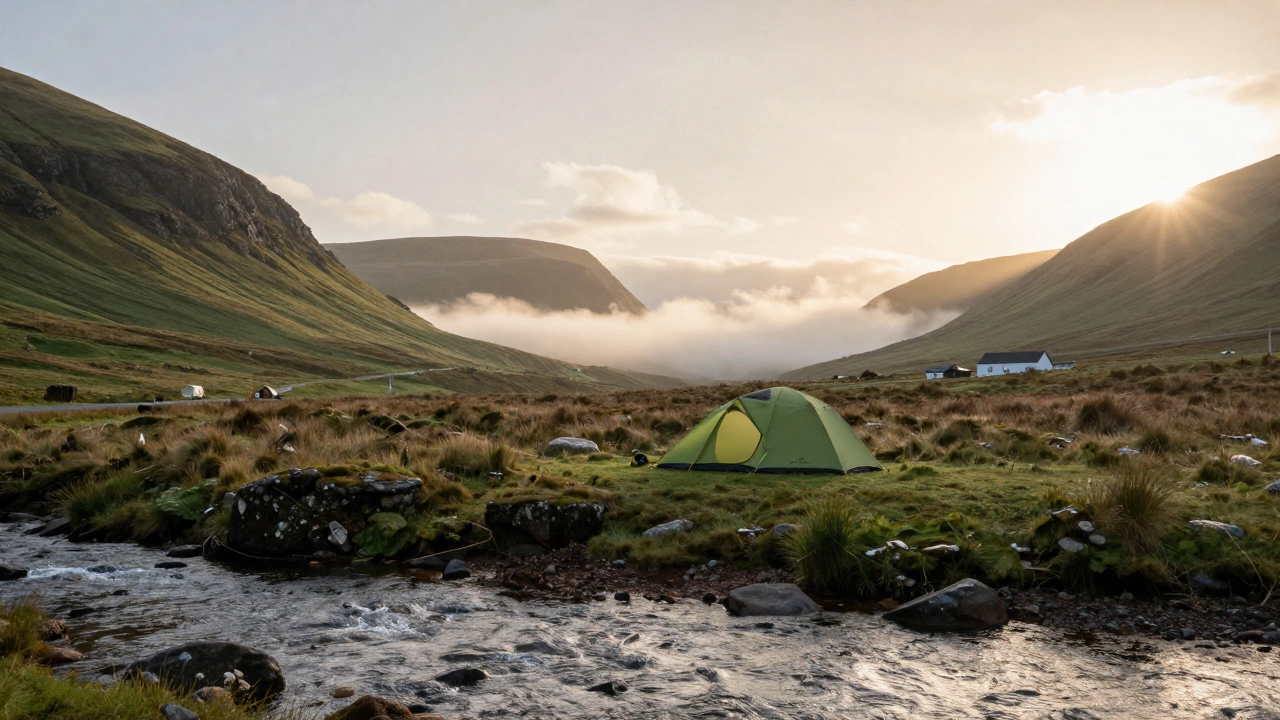 VIEW POST
VIEW POSTUK Wild Camping Laws: What's Legal and Where
Feb, 5 2026|0 CommentsThe UK's wild camping laws vary by region. Scotland allows it with guidelines, while England and Wales mostly prohibit it. Dartmoor is a rare exception. This guide explains where you can legally camp and what rules to follow. -
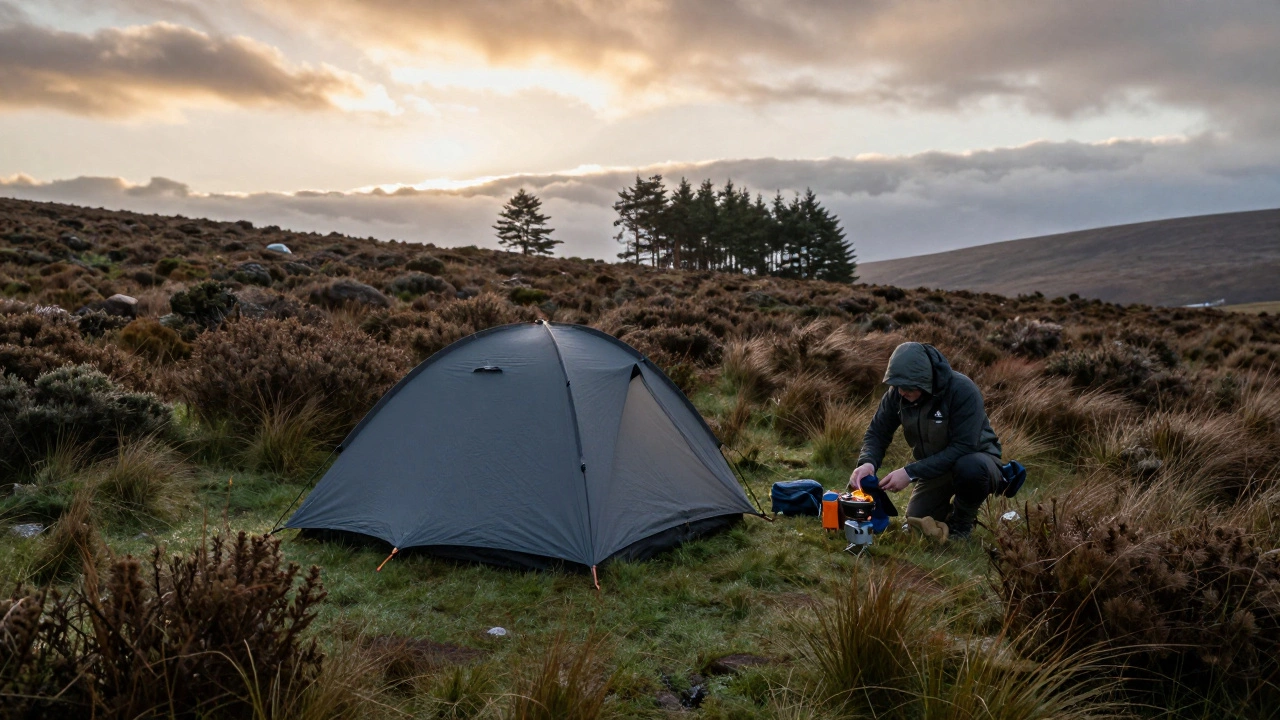 VIEW POST
VIEW POSTCan You Sleep in a Tent in the UK? The Real Rules for Wild Camping
Jan, 18 2026|0 CommentsYou can sleep in a tent in the UK-but only in certain places. Scotland allows wild camping with rules. England and Wales mostly don't. Know where it's legal, what gear you need, and how to avoid fines. -
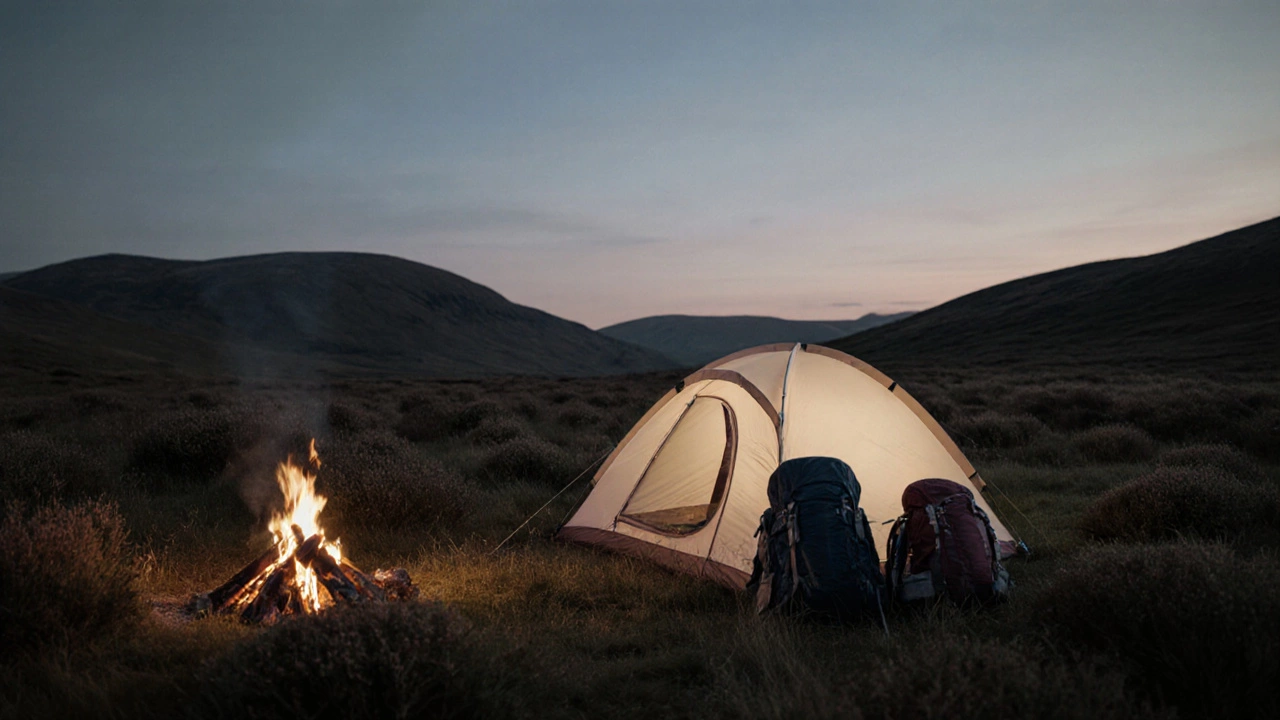 VIEW POST
VIEW POSTHow Long Can You Camp on Your Own Land in the UK Without Permission?
Nov, 17 2025|0 CommentsIn the UK, you can camp on your own land for up to 28 days a year without permission. Beyond that, you need planning approval - even if you're not charging anyone. Here's what the law really says. -
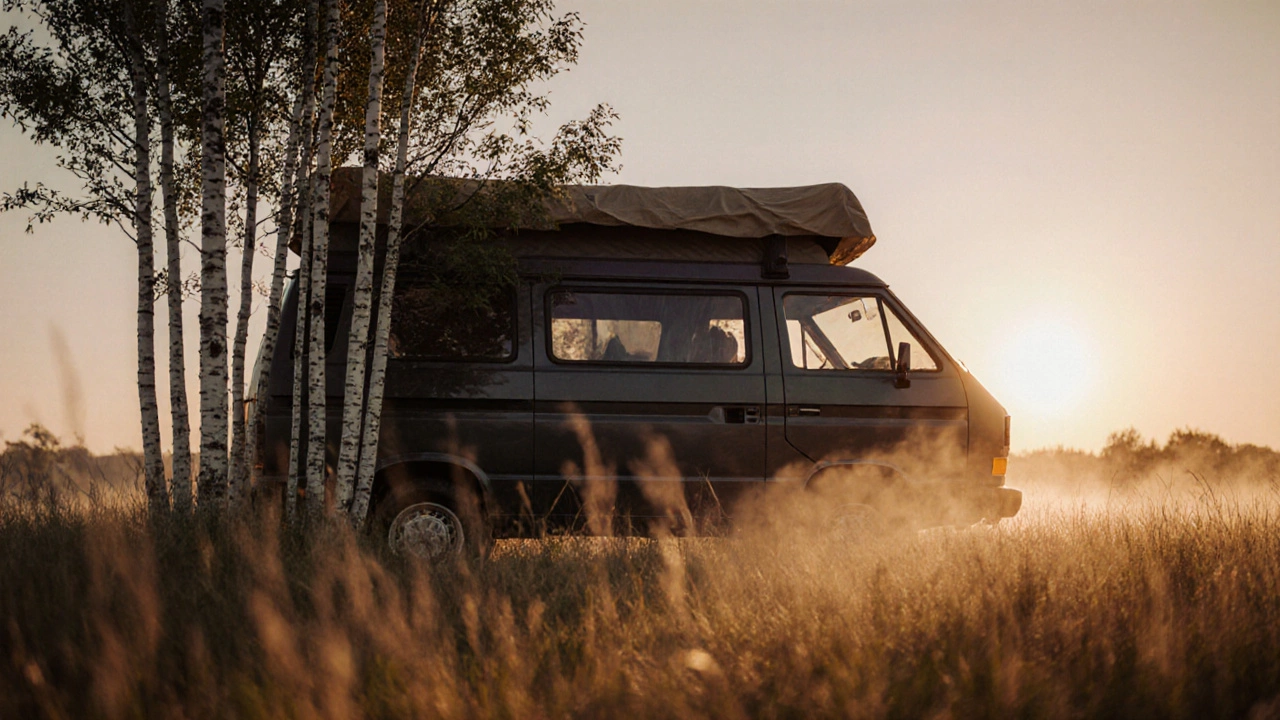 VIEW POST
VIEW POSTWhat is Stealth Camping in the UK? A Complete Guide
Oct, 18 2025|0 CommentsLearn what stealth camping UK means, the legal rules, top locations, gear tips and safety advice for low‑profile wild stays across Britain. -
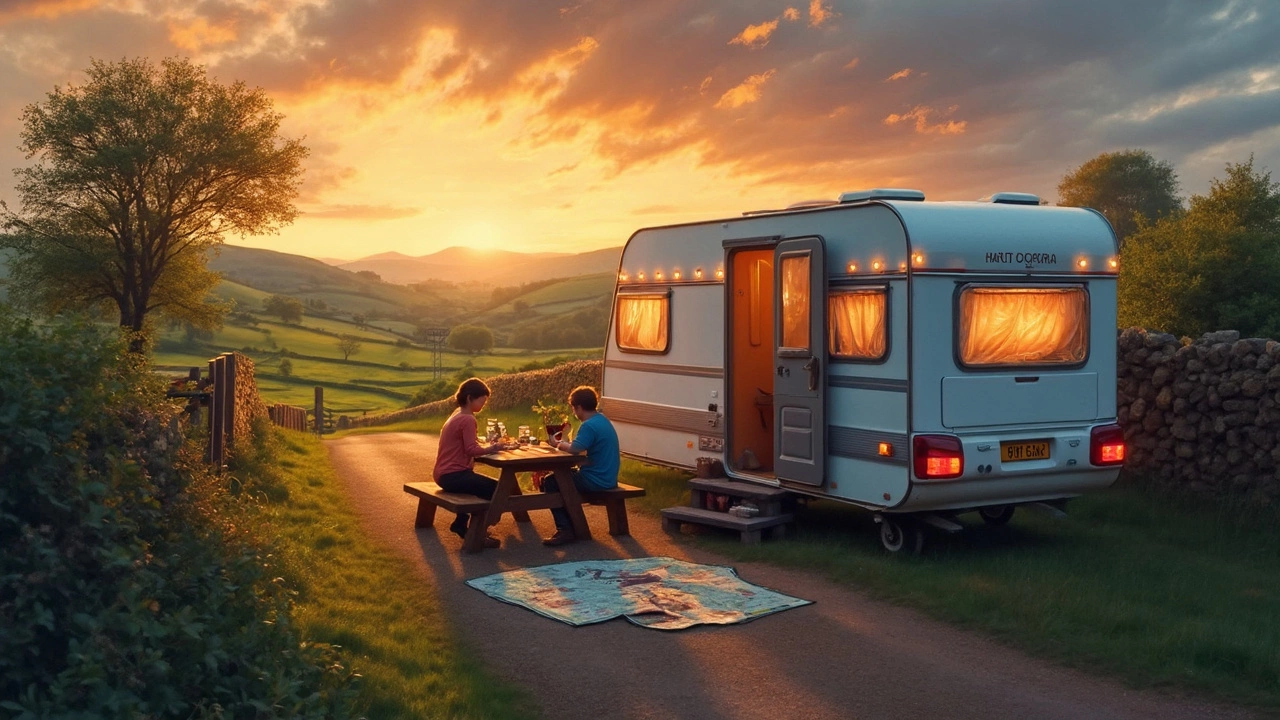 VIEW POST
VIEW POSTCan You Sleep in a Caravan on the Side of the Road in the UK?
Apr, 13 2025|0 CommentsIf you're cruising through the UK in a caravan and wondering whether you can just park and sleep on the roadside, there's quite a bit to know. Learn about the legalities, safety tips, and alternative options for overnight stays. The article uncovers practical insights into the UK's roadside camping policies and helps you make informed choices while exploring. Find out the best practices and what you really should avoid to have a hassle-free adventure.